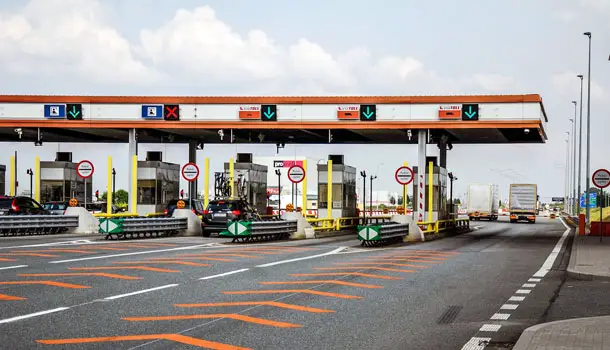On Monday, March 8, the Société Nationale des Autoroutes du Maroc (AdM) announced the signing of a financing contract of over US$ 101M for the modernization of motorway in Morocco. ADM is Morocco’s national authority in charge of the management of over 1800 kilometers of Moroccan expressways.
The agreement was signed with the European Investment Bank (EIB), under the European Union’s external lending mandate (ELM) for the period 2021-2027. The ELM is an important instrument through which the European Union (EU) supports investments in partner countries. EU is is a political and economic union of 27 member states that are located primarily in Europe.
Also Read: Morocco’s Tangier Med port container terminal 3 opened
This financing in particular will help improve the flow of traffic through the digitization of payment systems and the installation of electronic toll systems. It also provides for the establishment of a traffic monitoring and management system that will provide real-time access to traffic conditions on the entire motorway network.
The loan amount covers up to 83.6% of the total cost of the project, in principle limited to 50% by the bank’s statutes, and this in accordance with the operational emergency measure taken in April 2020.
Benefits of modernization of the motorways
The modernization and extension of the existing electronic toll system will make it possible to optimize the collection of user fees and subsequently help partially offset the loss of liquidity caused by the health crisis and reduce the number of toll frauds.
According to the national motorway company, more than 6,000 jobs are expected to be created during the implementation phase of the project.
Note that Morocco’s motorway network has experienced tremendous development over the past two decades, going from 400 km to 1,800 km, the achievement of more than 80% of the linear. This network serves nearly 430,000 vehicles on a daily basis.
